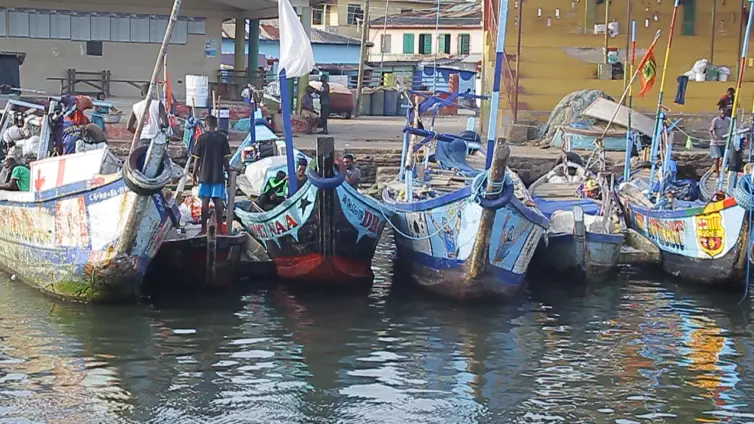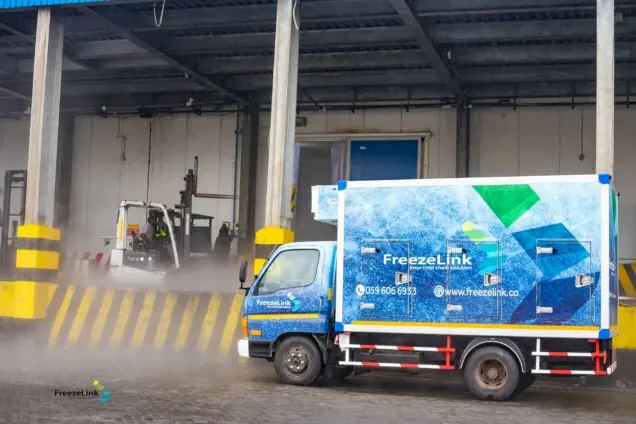Ghana’s 550km coastline presents a significant, yet largely untapped, economic opportunity. For decades, the nation has leaned heavily on its fishing industry, a sector now grappling with severe challenges due to overexploitation and unsustainable practices. Meanwhile, coastal tourism, a multi-trillion dollar global industry, remains significantly underdeveloped, despite Ghana’s attractive beaches and rich cultural heritage. According to Kwame Sowu, former Board Chairman of the Ghana Museums and Monuments Board, Ghana must strategically shift its economic focus toward coastal tourism while simultaneously reforming its fisheries sector to ensure long-term sustainability. Is Ghana missing out on a golden opportunity to revitalize its marine economy? This analysis explores the potential of coastal tourism to breathe new life into Ghana’s economy, drawing on Kwame Sowu’s expert analysis and recommendations.
The global landscape reveals a stark contrast between the fishing industry and coastal tourism. The fishing industry, while still substantial, faces a shrinking market share due to overfishing and illegal practices. Coastal tourism, on the other hand, is a booming sector with immense potential for growth, especially in a country like Ghana with its natural beauty and cultural richness.
Globally, the fishing market was valued at approximately $253 billion in 2023. However, Ghana’s share has decreased from $2 billion to $1.5 billion annually, largely attributed to overfishing and illegal trawling. The problem is further compounded by Illegal, Unreported, and Unregulated (IUU) fishing by foreign vessels, which costs Ghana an estimated $200 million each year. In contrast, coastal tourism, before the COVID-19 pandemic, was valued at approximately $4.7 trillion and is now experiencing a strong rebound. Ghana’s total revenue from this sector amounted to a mere $3 billion in 2023, a fraction of its potential. With proper investment and strategic development, Ghana’s coastline could realistically generate $10 billion or more annually.
“The numbers don’t lie: tourism offers higher revenue, more jobs, and greater resilience,” says Kwame Sowu. “The question is whether our policymakers will act – or let another economic opportunity slip away.”
Beyond economic value, the quality of employment opportunities also differs significantly between the two sectors. While 2.5 million Ghanaians depend on fisheries for their livelihoods, the sector faces challenges. The jobs are often informal, low-paying, and can be dangerous. Worryingly, without significant reforms, it is projected that half of these jobs could disappear within the next decade. Conversely, tourism already employs 700,000 Ghanaians in the hospitality sector, and the expansion of coastal tourism could potentially triple this number. Moreover, tourism offers more diverse opportunities, with higher-skilled and better-paying jobs in hotels, guiding, arts, and transport. Consider Dakar, Senegal, where the beaches attract ten times more tourists than those in Accra, Ghana, resulting in a surge of formal employment opportunities.
“Tourism creates more, better, and sustainable jobs – exactly what Ghana’s youth need,” Kwame Sowu asserts.
Sustainability is another critical factor to consider. Globally, 33% of fish stocks are overexploited. In Ghana, small pelagic stocks have declined by a staggering 80% since 1990. Adding to these woes, climate change is disrupting fish breeding due to rising sea temperatures. While aquaculture presents a potential solution, Ghana’s investment in this area lags behind countries like Nigeria and Egypt. Coastal tourism, when managed responsibly, offers a more sustainable path. Ghana’s coastline is a permanent asset, and its value does not diminish with use, provided it is maintained. Furthermore, the global demand for eco-tourism, cultural tourism, and community-based tourism is surging, aligning perfectly with Ghana’s strengths. However, challenges like poor sanitation and weak infrastructure must be addressed to fully capitalize on this opportunity.
“Fishing is fighting for survival; tourism is waiting for investment,” Kwame Sowu aptly summarizes.
To harness the potential of coastal tourism, Ghana needs a comprehensive plan built on three key pillars: immediate tourism investments, fisheries reform, and avoidance of past mistakes.
Firstly, immediate investments in tourism are crucial. This can be achieved through public-private partnerships to develop beachfront resorts, attracting international hotel chains to manage and operate them. Concurrently, the ports of Takoradi and Tema should be developed as cruise destinations, tapping into the lucrative cruise tourism market. Furthermore, Ghana should leverage its rich cultural heritage by expanding festivals like Kundum, Hogbetsotso, and Panafest into major tourist draws, creating a vibrant “festival economy”.
Secondly, comprehensive fisheries reform is essential to create a managed transition. Banning IUU fishing through robust naval patrols and satellite surveillance is paramount. Designating zones in the Volta and Central Regions specifically for aquaculture, focusing on fish and shrimp farming, can help supplement wild fish stocks and create new economic opportunities. Critically, alternative livelihood programs must be implemented, training fishers in areas such as boat tourism, seafood restaurant management, and handicrafts, enabling them to transition to more sustainable and profitable ventures.
Finally, Ghana must avoid the mistakes of the past. Ensuring competitive and transparent contracts, without creating Zoomlion-style monopolies, is crucial. Moreover, coastal communities must be actively involved in and benefit from tourism projects, ensuring that the economic benefits are shared equitably and that local cultures and traditions are respected.
Ghana stands at a crucial decision point: continue relying on a struggling fishing industry or embrace the vast potential of coastal tourism. As Kwame Sowu points out, the data clearly indicates that tourism offers significant advantages in terms of job creation, revenue generation, and long-term sustainability. By strategically investing in tourism and reforming fisheries, Ghana can unlock the full potential of its marine economy and secure a prosperous future. The question remains: will Ghana seize this opportunity?
About the Author: This analysis is based on the insights of Kwame Sowu, Former Board Chairman of the Ghana Museums and Monuments Board.
Image Source: MYJOYONLINE





















